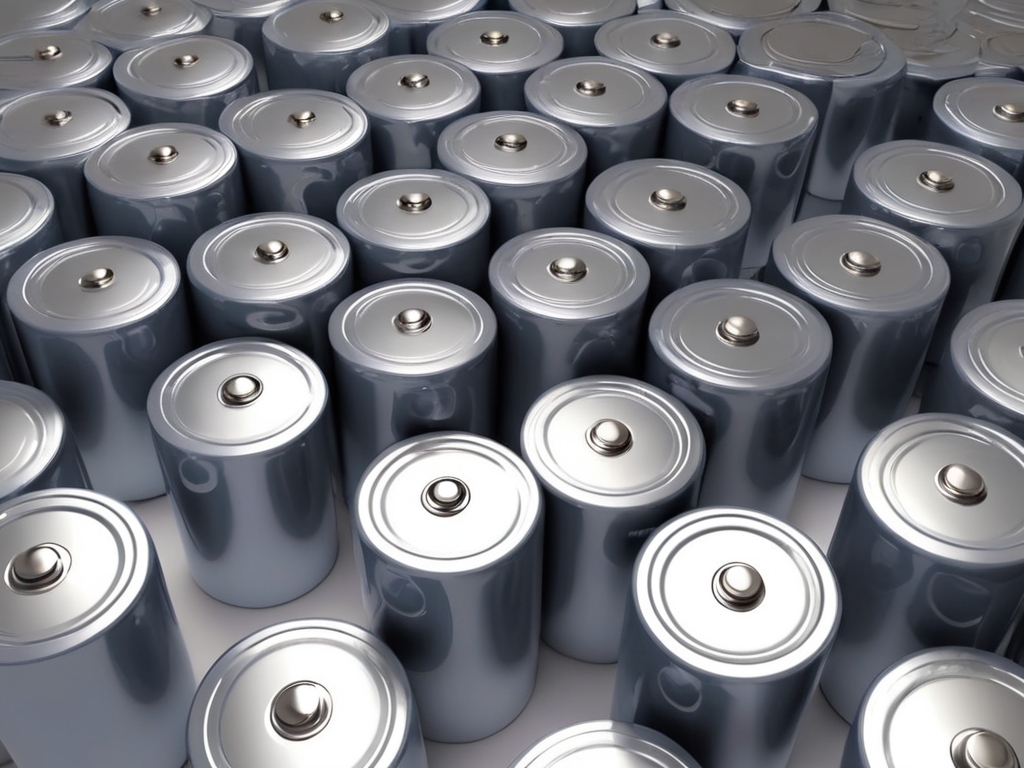The process that can lead to mass synthesis yields solid sulfide electrolyte with world’s highest reported sodium ion conductivity.
The pursuit of greener energy also requires efficient rechargeable batteries to store that energy. While lithium-ion batteries are currently the most widely used, all-solid-state sodium batteries are attracting attention as sodium is far more plentiful than lithium. This should make sodium batteries less expensive, and solid-state batteries are thought to be safer, but processing issues mean mass production has been difficult.
Osaka Metropolitan University Associate Professor Atsushi Sakuda and Professor Akitoshi Hayashi, both of the Graduate School of Engineering, led a research team in developing a process that can lead to mass synthesis for sodium-containing sulfides.
Using sodium polysulfides (sulfides with two or more atoms of sulfur) as both the material and the flux, which promotes fusion, the team created a solid sulfide electrolyte with the world’s highest reported sodium ion conductivity – about 10 times higher than required for practical use – and a glass electrolyte with high reduction resistance.
Mass synthesis of such electrolytes with high conductivity and formability is key to the practical use of all-solid-state sodium batteries.
https://www.sciencedaily.com/releases/2024/04/240411130248.htm

